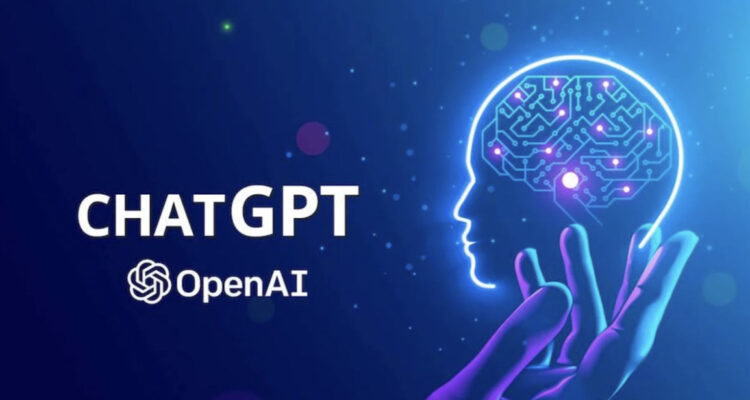Last Friday, Oct. 6, I had the opportunity to attend an event hosted by the Patrick J. Waide Center for Applied Ethics, which was part of their “Ethics Breakfast” series. This specific event dealt with the “Ethics of Artificial Intelligence,” which inspired me to give my take in writing.
For some context, this past summer, I had the opportunity to create an AI-focused newsletter meant for a C-suite and partner-level audience in real estate and law segments. Through this, I have been studying AI, trying out endless models online and covering the latest news in this up-and-coming space specifically geared towards busy business executives looking to embrace this change.
So, when I saw that Fairfield University was offering a discussion on it, I knew I had to jump on it. Since I started learning about the revolution of AI, I embraced it as a good change, though I acknowledge the extensive concerns of society.
Though the event mostly talked about how AI is used for bad, I think that’s a particularly negative approach to take when looking at such a world-shaking step forward in technology.
College of Arts and Sciences Dean Richard Greenwald, Ph.D. was one of the panelists at this talk, who mentioned one of the cruxes of AI that I believe we should be treating like a constitution of sorts in order to keep things moving forward positively. Isaac Asimov’s “Three Laws of Robotics” is this rulesheet, and I’ll break them down.
The first law is simple, and should be self-explanatory. It states, “A robot may not injure a human being or, through inaction, allow a human being to come to harm.” Our AI models should not be causing us any harm, whether directly or indirectly. Easy, right?
Then we go to level two, which states “A robot must obey orders given to it by human beings except where such orders would conflict with the First Law.” So far, so good.
The final law reads, “A robot must protect its own existence as long as such protection does not conflict with the First or Second Law.”
The point of artificial intelligence systems we have is to make our lives easier, and I think that they achieve this, even amongst the societal ills that they can bring along. Though these laws deal with robotics, they are extremely applicable to AI in a more indirect and figurative way.
In my somewhat expert opinion, I think that as long as the creators of AI follow these three rules closely, then we will be safe from AI as a society. Many see AI as the beginning of a new, dystopian future where robots and intelligence systems are in full control, with humans being at their mercy. This couldn’t be farther from the truth.
With heavy regulations in Congress coming into play, AI creators and users are restricted in how far they can even use it, keeping us far from such a dystopia. For example, the AI Labeling Act of 2023, introduced by Sen. Brian Schatz, a Democrat from Hawaii, makes it so that generative AI users must fully disclose that they used a generator to create such art.
The list of regulations goes on. Our government is here to protect us from potential dangers that AI could wield, so we can rest assured. We are actively seeing these laws of robotics applied; our lawmakers are ensuring that AI cannot harm us, that it is obeying our orders and that it can still protect its own existence.
So yes, that means there are safeguards in place so that your ChatGPT chatbot doesn’t give you an attitude. There are safeguards in place so that we are ‘in-the-know’ and honest about how we use AI. As a society, we have to continue being visible in order to truly get the best out of generative artificial intelligence.
The AI revolution that we’re in the middle of right now is no different from past technological revolutions. I can’t imagine horse-and-buggy regulars were too fast to adopt the Model T just as equally as I can’t imagine landline users were fast to adopt the iPhone.
So, let’s embrace AI as another one of these huge societal shake-ups. There are so many ways AI can be used for productivity and growth; and while we do that, we will let our elected officials make the rules that keep the game fair to play.


Leave a Reply